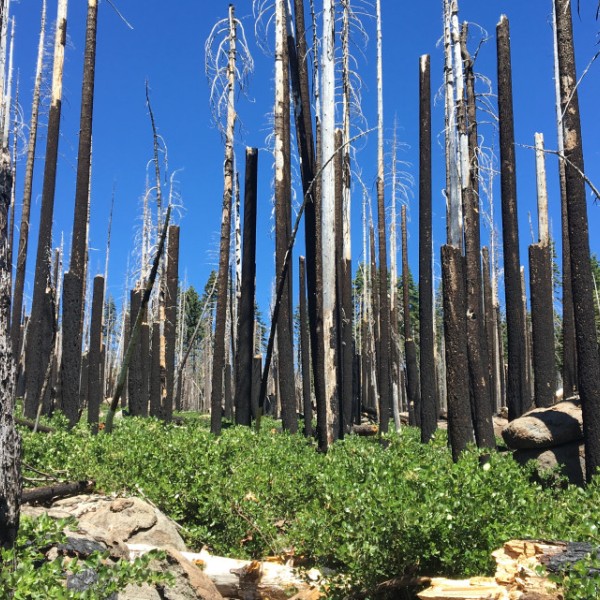Last summer, he reached out to Kathryn J. Boor, the Ronald P. Lynch Dean of CALS at the time, requesting funds to build his own in-home production studio to record lectures for Intro to Oceanography. Boor passed the request to Cornell’s senior leadership, where a new idea was born — to record the lectures with the professional support of eCornell, and in tandem, develop a publicly accessible oceanography and climate sustainability course, made available through eCornell’s online certificate programs.
“We were thrilled to be able to support professor Bruce Monger this semester and are excited to bring his teaching to an even larger external audience,” said Melissa Ference, director of instructional design at eCornell. “Oceanography and climate change are such important topics, and we want to help promote Cornell’s thought leadership and research in this area.”
Climate change can be complicated and difficult to understand, given its many nuances. In his course, Monger teaches students the basic framework of climate change issues, which helps place current news into context and gives students a broader perspective of the trajectory for global climate change — both with and without mitigation.
“Toward the end of the semester, after I have made clear the magnitude of the climate change problem and the lingering effects that will last thousands of years, I tell students that every so often a generation is called upon to do something extraordinary,” Monger said.
“This generation is now being called upon to decarbonize the entire global energy system by mid-century to save all of humanity,” he added.
Thanks to the professional partnership with eCornell, the recorded lectures take on a cinematic feeling. Monger’s words still inspire students to think deeply about ways they can take meaningful action and help create a sustainable future. Over the last 10 years, he has influenced many students to shift towards civically-minded careers in areas such as earth and atmospheric sciences, environmental law, civil engineering, architecture and chemical engineering.
“Personally, this class was the first one I’ve taken during which an educator did not sugar-coat climate change — and I could not be more appreciative of that,” said Kayla Riggs ’24. “Because of this class, I’ve considered minors and even career paths I never thought I would’ve before entering college. This course was real and raw, encouraging me to change the way I view the world while also inspiring me to act.”
A version of this article also appears in the Cornell Chronicle and on the Department of Earth and Atmospheric Sciences' website.
Header image: Chuuck Lagoon in Micronesia. Photo by Marek Okon via Unsplash.
Erin Philipson is a communications specialist for the Department of Earth and Atmospheric Sciences.






